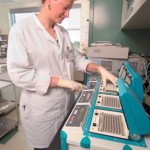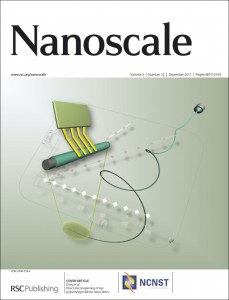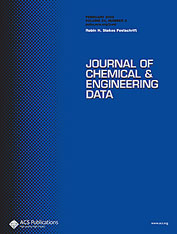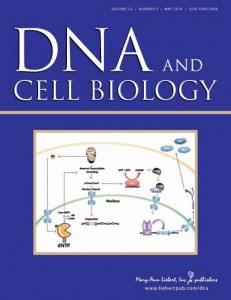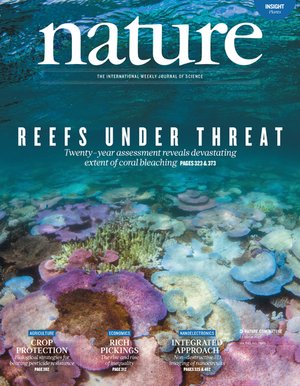 Despite taking some serious hits, a 2006 letter in Nature isn’t going anywhere.
Despite taking some serious hits, a 2006 letter in Nature isn’t going anywhere.
Years ago, a university committee determined that two figures in the letter had been falsified. The journal chose to correct the paper, rather than retract it — and then, the next year, published a correction of that correction due to “an error in the production process.” To round it out, in June of last year, Nature published a rebuttal from a separate research group, who had failed to replicate the letter’s results.
Still, the first author told us there are no plans to retract the paper, since the follow up experiments published in the corrections confirmed the paper’s conclusions.
Continue reading Nature paper adds non-reproducibility to its list of woes
 Circumcision is a hot topic. So hot, questions about a reviewer’s potential conflict with the author of an article promoting circumcision prompted a journal editor to resign, and one academic to call another a “fanatic.”
Circumcision is a hot topic. So hot, questions about a reviewer’s potential conflict with the author of an article promoting circumcision prompted a journal editor to resign, and one academic to call another a “fanatic.” 